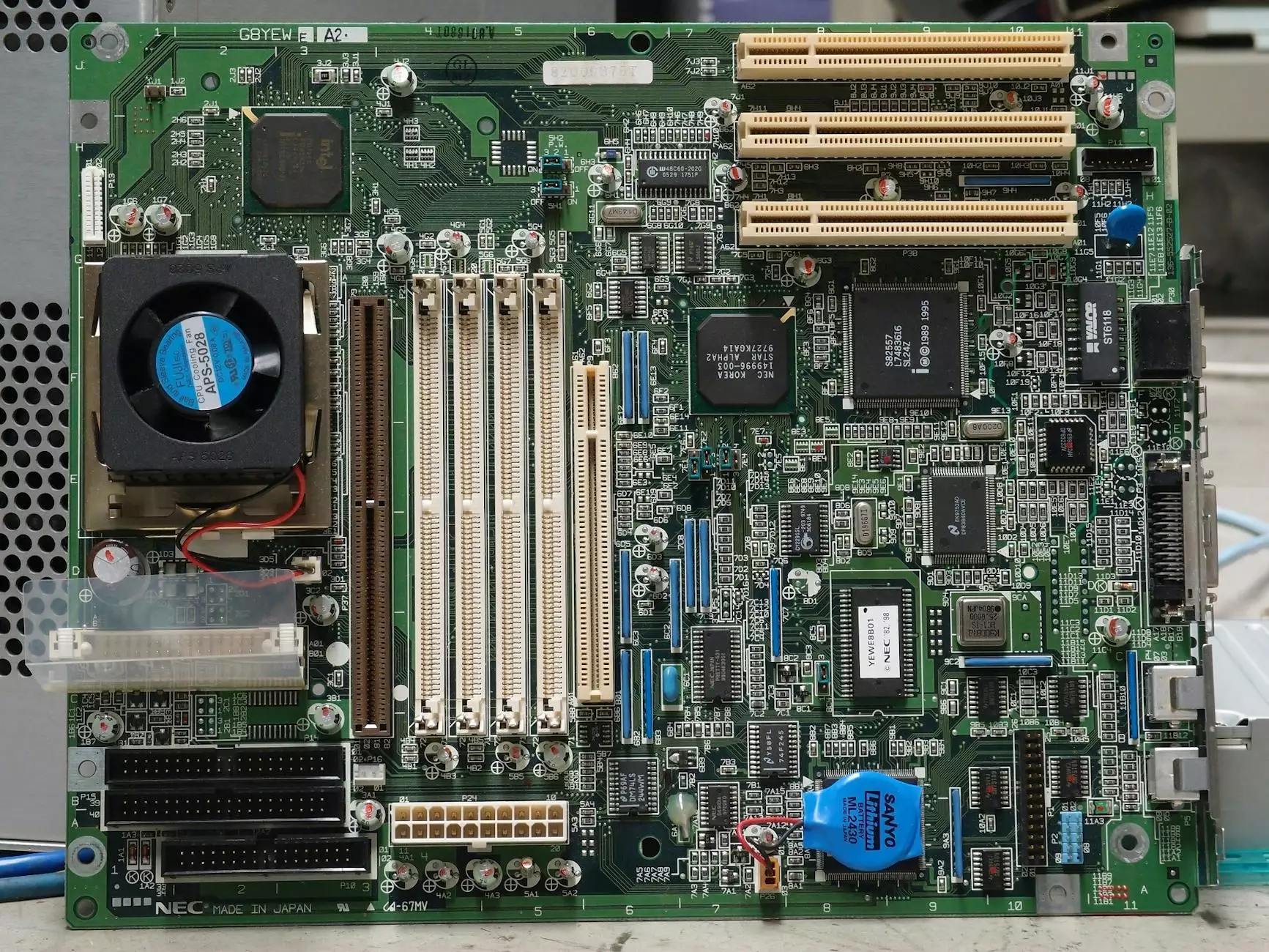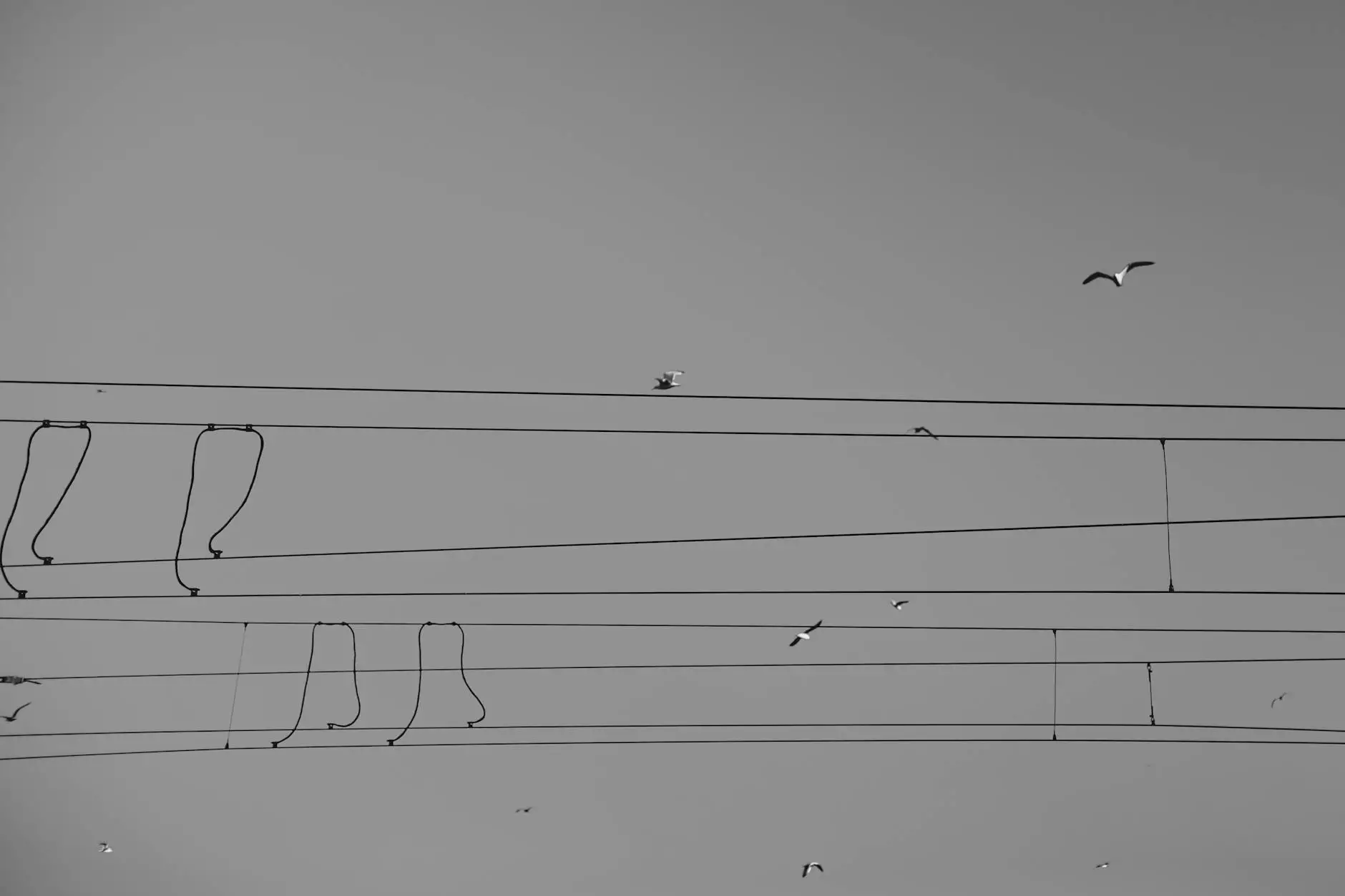AC Condenser Fan Motor Overheat: What Should You Do?

Welcome to Montgomery Electrical Services, your trusted partner in resolving AC condenser fan motor overheating issues. As the leading experts in the field of electrical services, we are dedicated to providing comprehensive solutions to ensure the long-lasting performance of your cooling system. In this blog post, we will guide you through the causes, symptoms, and steps to take when your AC condenser fan motor overheats.
Understanding the Causes of AC Condenser Fan Motor Overheating
Understanding the potential causes of an AC condenser fan motor overheating is crucial in preventing further damage to your cooling system. Here are some common reasons why this issue may occur:
- Clogged Air Filter: A dirty or clogged air filter restricts airflow, leading to an overworked fan motor.
- Faulty Fan Motor: Aging or malfunctioning fan motors may struggle to maintain optimal temperatures, resulting in overheating.
- Insufficient Lubrication: Lack of proper lubrication can cause excessive friction, leading to motor overheating.
- Electrical Issues: Faulty wiring, loose connections, or electrical component failures can contribute to fan motor overheating.
- External Obstructions: Debris, plant growth, or other obstructions near the condenser unit can obstruct airflow and cause overheating.
Recognizing the Symptoms of AC Condenser Fan Motor Overheating
Being able to identify the symptoms of an overheating AC condenser fan motor allows you to take prompt action and prevent further complications. Look out for these warning signs:
- Hot Air: If your AC system is blowing warm air instead of cool air, it could be a sign of a malfunctioning fan motor.
- Strange Noises: Unusual buzzing or grinding noises coming from the outdoor unit may indicate motor overheating.
- Inconsistent Cooling: Uneven temperature distribution or inadequate cooling in certain areas of your home could be a result of fan motor issues.
- Frequent Cycling: An overheating motor might cause your AC system to turn on and off frequently.
- Burning Smell: A distinct burning odor near the condenser unit often signifies a motor problem.
What Should You Do When Your AC Condenser Fan Motor Overheats?
When faced with an overheating AC condenser fan motor, it's crucial to take immediate action to avoid further damage. Follow these steps to address the issue:
Step 1: Turn Off the System
Start by turning off your AC system at the thermostat. This prevents the fan motor from causing additional overheating or damage.
Step 2: Inspect and Clean the Outdoor Unit
Inspect the outdoor unit for any debris, obstructions, or plant growth. Clear away any objects that could be obstructing airflow. Additionally, clean the unit's exterior with a soft brush or cloth to remove dust and dirt buildup.
Step 3: Check the Air Filter
Locate the air filter and check its condition. If it appears dirty or clogged, replace it with a new one. Regularly replacing the air filter is essential to maintaining proper airflow and preventing fan motor issues.
Step 4: Leave it to the Professionals
At this point, it's best to seek professional help from certified electricians, like the experts at Montgomery Electrical Services. Our experienced technicians will thoroughly assess the situation, diagnose the underlying cause of the overheating, and provide the most appropriate solutions to get your AC system up and running smoothly.
Preventing AC Condenser Fan Motor Overheating
Proactive maintenance and preventive measures can significantly reduce the risk of AC condenser fan motor overheating. Consider these preventive tips:
- Regular Maintenance: Schedule regular maintenance inspections to identify any potential issues before they escalate.
- Proper Lubrication: Ensure the fan motor is adequately lubricated according to manufacturer recommendations.
- Clean Surrounding Area: Keep the area around the condenser unit clean and clear of debris to allow proper airflow.
- Timely Air Filter Replacement: Replace air filters every 1-3 months, depending on usage and manufacturer recommendations.
- Professional Assistance: Rely on professional electricians, like Montgomery Electrical Services, for regular maintenance and immediate troubleshooting.
Remember, addressing AC condenser fan motor overheating promptly not only ensures your comfort but also extends the lifespan of your cooling system. Don't hesitate to reach out to Montgomery Electrical Services for expert assistance and reliable solutions.
Montgomery Electrical Services - Your Trusted Electrical Partner
Category: Business and Consumer Services










